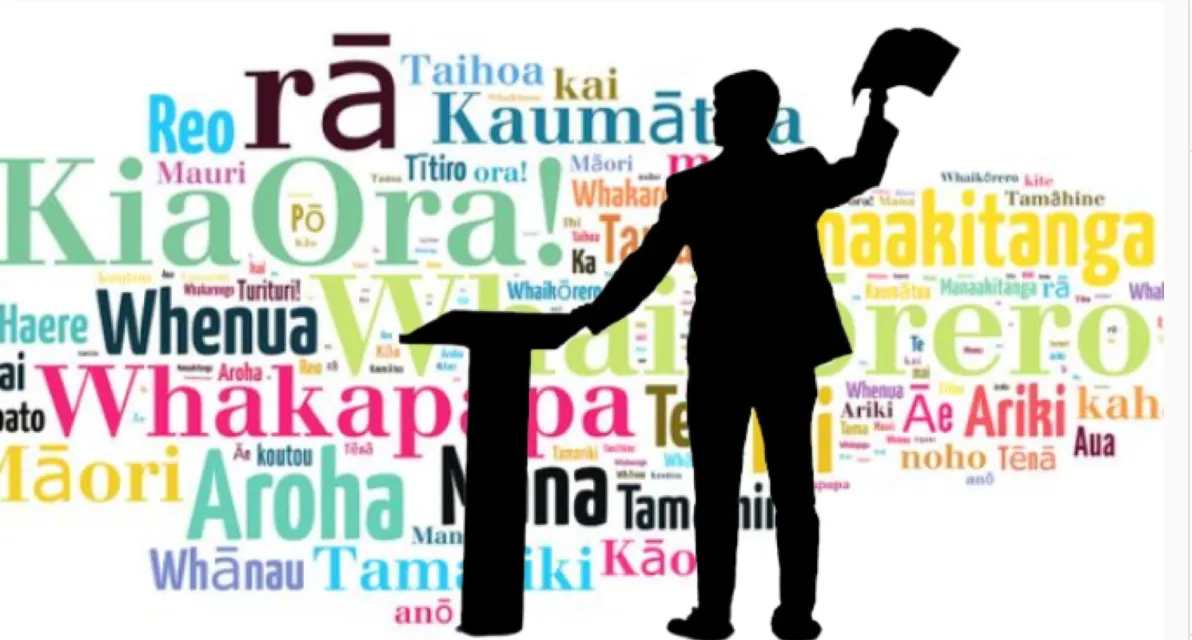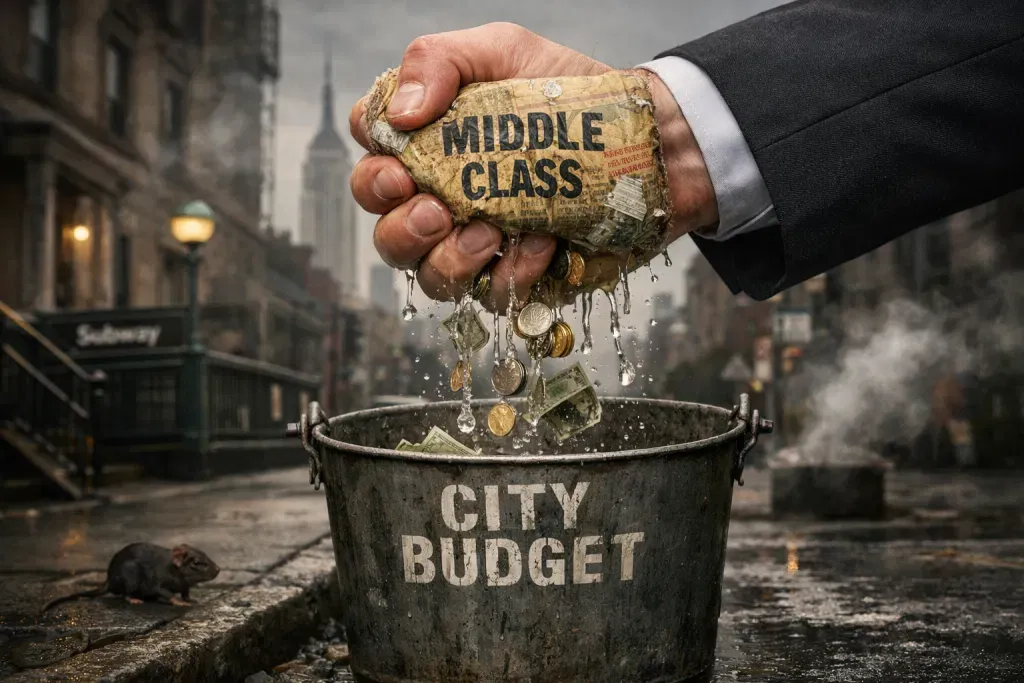Table of Contents
Annie Te One
Victoria University of Wellington
The 2023 election saw a changing of the guard in Maori political representation.
Several parliamentary stalwarts lost their seats to members of the “kohanga reo generation” – Maori under the age of 45 whose school years coincided with the revitalisation of the te reo Maori through full immersion education.
In the Te Tai Tonga electorate, te Pati Maori’s Takuta Ferris (44) beat Labour’s Rino Tirikatene, who had held the seat since 2011 and was part of a political dynasty. Labour’s Cushla Tangaere-Manuel (44) won the Ikaroa-Rawhiti electorate – gaining almost 3,000 more votes than te Pati Maori’s Meka Whaitiri.
Whaitiri had held the seat for Labour since 2013 before switching to te Pati Maori in early 2023. The Green Party’s Tamatha Paul (26) won the Labour Party’s stronghold in Wellington Central.
Most notably, te Pati Maori’s Hana Rawhiti Maipi-Clarke beat Labour’s Nanaia Mahuta for the Hauraki-Waikato electorate. Mahuta was first elected in 1996, before 21-year-old Maipi-Clarke was born, and is one of New Zealand’s longest serving wahine Maori MPs.
This incoming cohort of Maori politicians was raised in a different cultural environment than their elders.
Over the past four decades, the role of Maori language and culture in New Zealand has changed. Maori language is more visible, and issues affecting Maori – such as self-determination – have become part of the mainstream political discourse.
So what makes these incoming Maori leaders different from those who came before them?
Children of the revolution
Both Maipi-Clarke and Paul have been vocal on issues faced by rangatahi Maori and young people in general. Both have openly supported takatapui (LGBTQ+) communities and climate justice movements. They have also advocated for better housing options across New Zealand, particularly for Maori and rangatahi.
While supporting similar goals, the two have different backgrounds and experiences with their whakapapa Maori (Maori ancestory).
Maipi-Clarke is proudly part of the kohanga reo generation – something she talked about during the election campaign:
Don’t be scared, because the kohanga reo generation are here, and we have a huge movement and a huge wave of us coming through.
The kohanga reo movement was established in the 1982 to stem the rapid loss of te reo Maori. In 1900, 95% of Maori children entering the school system were fluent. By 1960, this had dropped to 25%. And by 1979, there was a real concern te reo Maori would become an extinct language.
But while te reo Maori revitalisation has started to bring the language back from the brink, fears for its future remain. As of 2021, 7.1% of the general public spoke te reo Maori “fairly well”. And 23% of Maori said they spoke te reo Maori as one of their first languages.
The identity, worldview and political aspirations of Maori who have grown up in the kohanga reo movement have been influenced by the language – and by extension cultural – revitalisation efforts.
According to the Ministry of Education, students from households that reported emphasising aspects of Maori identity, language and culture reported higher levels of whanau (family) wellbeing than Maori students in families where those elements were absent.
While Paul didn’t grow up enmeshed in her whakapapa Maori, she shares Maipi-Clarke’s commitment to decolonisation and tino rangatiratanga (Maori self-determination) – albeit from a different political party platform.
Paul and Maipi-Clarke (along with Ferris and Tangaere-Manuel) are not the first Maori politicians to commit to these ideas. But they are part of a generation where being Maori, and expressing the overarching goals of the Maori community, have become increasingly normalised.
One example of this shift is the way New Zealanders now view the Te Tiriti o Waitangi/Treaty of Waitangi. In a 2014 survey of voters, 15% believed the Treaty should play a larger role in New Zealand law. This rose to 18% in 2017 and 27% in 2020.
Backlash and abuse
Despite a wider embrace of Maori language and culture in New Zealand, both Paul and Maipi-Clarke have spoken about the abuse and racism they faced on the campaign trail – and, in Paul’s case, as a Wellington City councillor.
Ahead of the election, the home of Maipi-Clarke was broken into and a threatening letter left behind. Te Pati Maori co-leader Debbie Ngarewa-Packer described the threats as “political” and “anti-Maori”.
In 2022, a group of Maori councillors, including Paul, spoke out about the abuse they received when speaking te reo Maori or advocating for Maori interests.
Paul said she faced this abuse while campaigning for her seat on the city council:
There was definitely a really small but very hateful minority group of people who would follow candidates around and livestream them, and whenever the candidates would speak Maori they would yell at them […] while they were livestreaming and tell them to speak English.
Challenges ahead
So, while the rise of the kohanga reo generation points to a shift in how Maori are viewed in New Zealand, there are still pockets resistant to change. Nothing can be taken for granted.
The possibility of a referendum on the Treaty of Waitangi, among other issues, means this new generation of Maori political leaders will have to keep fighting to hold on to the social and political gains made over the past four decades.
At the same time, this kohanga reo generation will need to keep pushing for progress in health, justice and social equity – areas where Maori still fall behind other groups in New Zealand.
With at least the next three years in opposition, it remains to be seen how the kohanga reo generation handles those challenges – and whether the parliamentary mainstream is ready for a different style of Maori leadership.
This article is republished from The Conversation under a Creative Commons license. Read the original article.









